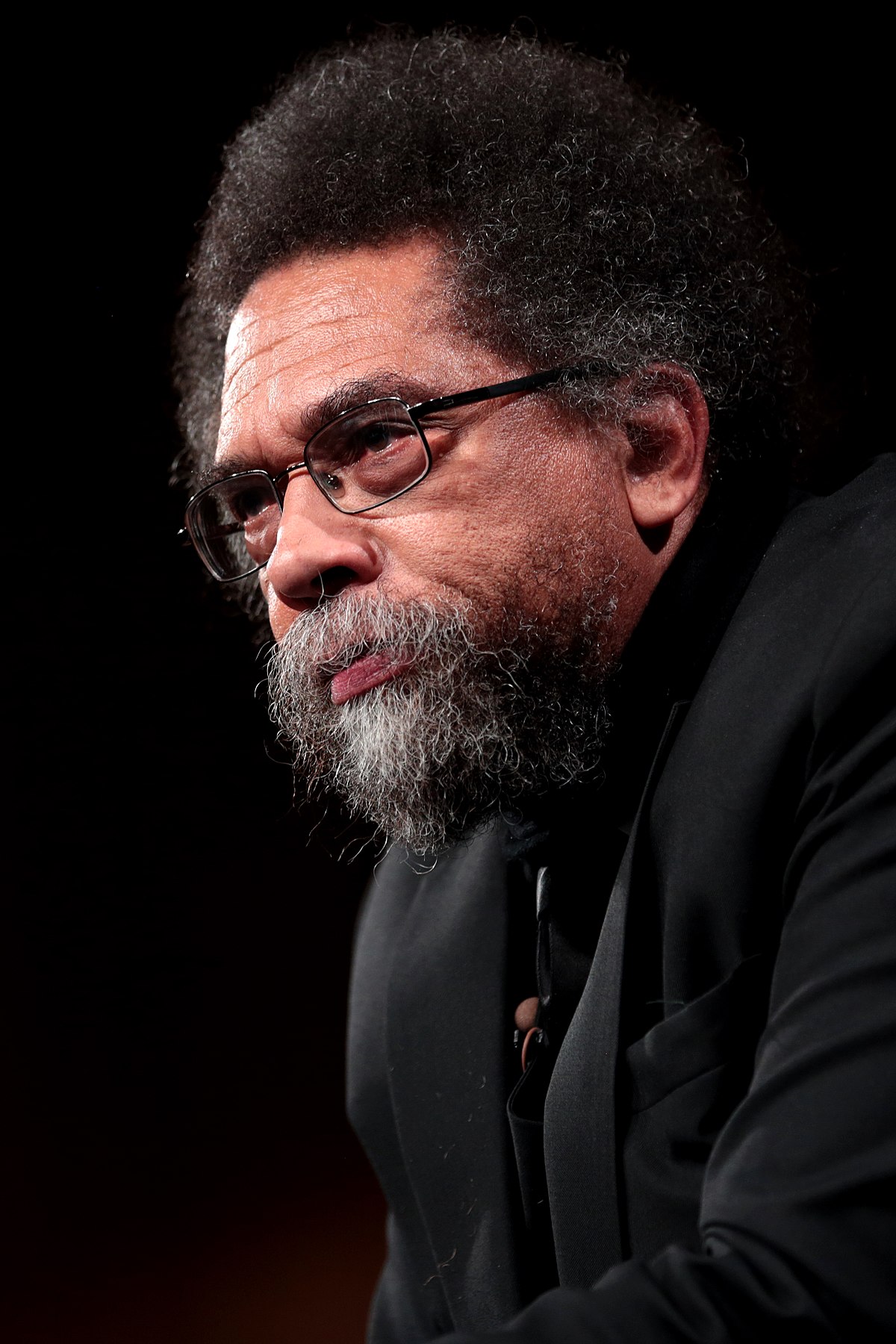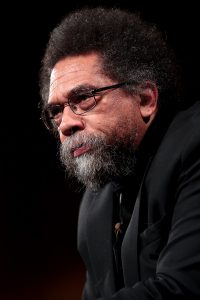

On Tuesday night, students and faculty of Brooklyn College were graced by the presence of Dr. Cornel West, who visited remotely to be the speaker for the final installment of the college’s 1619 Common Reader Project. The project was conceived before the pandemic made landfall in New York City, but each of the four events were held during the city-wide shutdown. This final installment was titled “A Conversation with Cornel West on Culture, Race, and Democracy.” And what a conversation we had.
West’s credentials as an activist and intellectual brought nearly 150 participants to the call, an ample number for a humanities event when considering the more intimate events that are readily common.
After an overview of the evening by English Department Chair Ellen Tremper, followed by an introduction to the night’s speaker by one of his former students and a current associate professor of English, Martha Nadell, the spotlight was set on Dr. West. For the next hour or so, we listened to a stream of consciousness that, while certainly focused on culture, race, and democracy, could have been on anything.
West’s oratory style is an illustrious hybrid born out of his religious upbringing and current fervor, years within the academy, and his hard-won credentials as an activist in the political arena. He speaks passionately and with a rhythm that is certainly akin to what he believes to be one of the highest forms of artistic expression: jazz.
His skill as a lecturer prevailed, however, providing his audience with a sustained message throughout his weaving in and out of references to religion, philosophy, activism, and art. “We must have the courage to think critically for ourselves,” West insisted throughout his hour. “Imitation is suicide. You must find your voice,” he emphasized. The key to meaningful participation in anything, whether it be the political arena or one’s fiddling with piano keys, is to interrogate yourself and the structures that have existed long before you so that you can stride abreast with history and create something genuine.
West spoke seriously of history, drawing on his vast collection of literature and philosophical texts. History, as West understands it, is something that we are in constant struggle with. It is a very American idea to simply be captains of our futures while escaping any notion of being prisoners of our past to borrow language from Brooklyn College alum Greg Grandin. But we are, of course, living in history. Our lives and the sum of our actions are what allows for anything meaningful to come after. There are tremendously strong forces of “greed, hatred, callousness, and indifference,” which have long held sway throughout history. But West urges us to “try to create some moments of interruption.”
Creating moments of interruption wouldn’t be an unhelpful way to describe West’s career. His thinking has developed over time and in step with his insistence to be constantly evolving and challenging one’s own beliefs. But he has remained steadfastly critical of anything representing heteronormativity. He describes himself both as a love warrior and a lover of truth. Being a lover of truth means that he is in a constant state of curiosity about the world. It means that he works tirelessly to arrive at the clearest interpretations of events. He takes very seriously the perspectives non-binary people, persons with disabilities, and marginalized group not for any “PC chit chat,” but because he sees it as a “spiritual and moral endeavor.” While working the endless task of incorporating these perspectives into his own worldview, he is also sharpening his ability to love. He does not have hatred for people who are defined only because they cast their vote for Donald Trump. They are not ‘deplorables’ or ‘irredeemable’ as Hillary Clinton defines them. They are, West explained, like the rest of us who are feeling “so frustrated, so depressed. They are feeling so powerless… and more and more feeling so hopeless.”
To talk about race, West argues, “you have to start with yourself.” Before working out policies or plans, you need to look at how you have had your thinking influenced by the structures that history built around you. You also need to cultivate a deep appreciation for the cultural contributions of marginalized people, which went without saying through his tenacious ability to riddle off musicians, artists, writers, and other “wounded healers.” These people are heralded by West not just for their talent but their ability to confront their trauma and their fear in order to create beauty. These artists wield not only the “hypersensitivity to the suffering of others,” West rolled on, but also, “the unflinching candor to confront.” The point is that you and I have no shot of being the next Aretha Franklin, John Coltrane, or Al Green. But we must still struggle to find our own voices so that we can use them to talk about matters of race and beyond.
As the “vanishing and disappearing creatures we are,” we need to use the time we have to not sit idle. There is no time for indifference. There is no time for hatred or greed. The societal decay which thinkers like West allude to is rooted in what he referred to as the 11th commandment; “Thou shalt not get caught.” It is so easy, and at times the only option that reads as remotely sensible, to look out for ourselves. But what we lose in falling for this trap is the ability to love and connect with our neighbors. Without the ability to use your voice to speak earnestly with others who are in need, what are you but a corpse yet to be buried? “Never fake the funk. You can’t fake the funk. You can’t deodorize the funk,” Dr. West preached. “You can’t act as if you are dealing with reality if you are on the surface dealing with superficiality.”
